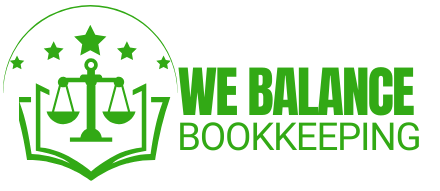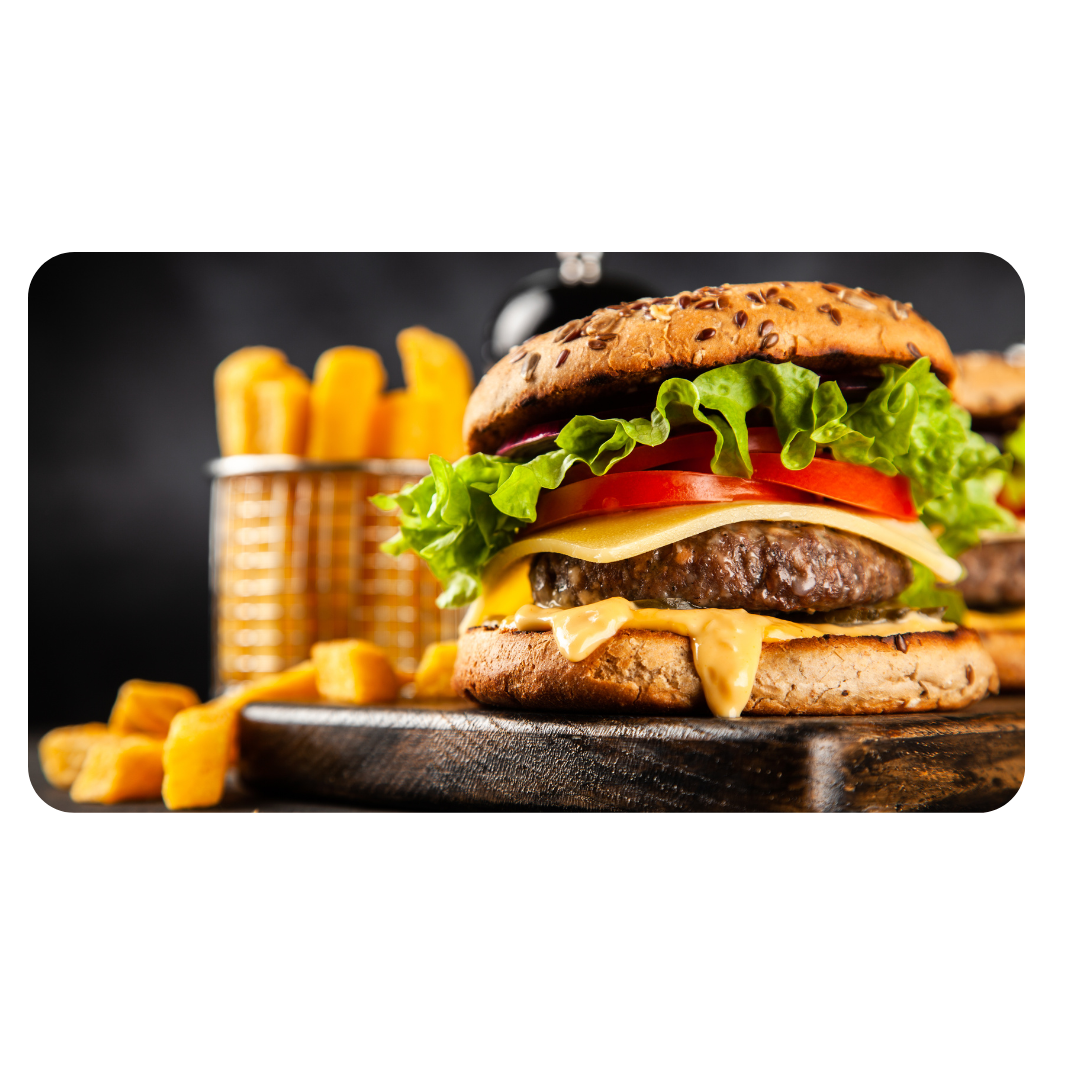One of the easiest ways to slash your self-employed tax bill is to claim all your allowable business expenses. But often, business owners miss out on some easy tax savings, for fear of making a mistake, along with not keeping accurate and detailed records.
Running your own business can be tough and accounting is often on the bottom of business owners “to do” list.
As a business owner, there are a number of financial reporting regulations that must be completed on behalf of your company, if you want to avoid costly penalties. One of those is the Self-Assessment Tax Return (SATR).
If you are a self-employed, sole trader business owner, you must register your business with HMRC and submit an SATR every year, calculating the tax you owe. The tax owed is based on the profit your business has made.
HMRC appreciate that running a business can be expensive. Therefore certain business expenses are allowable and can be included in your accounts. This helps reduce the profit of your business and the tax you owe.
As a general rule of thumb, if an expense has been incurred “wholly and exclusively” whilst running your business, then the likelihood is you can claim for it. The key is in the term “wholly and exclusively”. Would you have incurred this expense anyway if you weren’t running a business? If the answer is yes, it’s not wholly and exclusively for business and can’t be claimed, or only a portion can be claimed if the expense is mixed use (personal and business).
Understanding what counts as a business expense can sometimes be tricky but this guide is here to help and highlight some often overlooked expenses that can be claimed.
1. Mileage
If you travel as part of your business you should, at the very least, be claiming a milage allowance.
urrently for cars and vans it’s £0.45 per mile for the first 10,000 miles and £0.25 thereafter.
For motorcycles it’s slightly less, £0.24 per mile, regardless of miles travelled.
You can even claim an expense for mileage if you cycle, at £0.20 per mile.
The key to claiming a mileage allowance is to keep a record of your business journeys and mileage.
Although be warned, commuting to a regular place of work is not an allowable business expense, nor is travel for personal trips.
2. Office Supplies
Look no further than your desk and you will find a whole host of business expenses that you can claim for.
Printer cartridges, postage costs, your desk phone if you use it for business, your mobile phone, stationary, software subscriptions you use for work like Canva, Microsoft Office and Accounting software like QuickBooks.
You can even claim for your laptop, tablet or home PC, although this may need to be apportioned between home and business use and claimed as a capital allowance, dependent on the value.
3. Unpaid Invoices
Businesses often forget about this one. But, if you are using traditional accounting (not cash basis accounting), HMRC allow you to claim for any amount of money included in your turnover that you aren’t planning to receive. This is known as “bad debt.”
The only caveat for claiming this expense is that you must be sure that these invoices will never be recovered from the customer in the future.
4. Clothing
Don’t get too excited, you can’t claim for a whole new wardrobe as an
allowable business expense. They’ve got to be work specific clothing, not your everyday clothes.
You can claim for uniforms, which could include clothing like a hoody or T shirt with your company
logo emblazoned on it.
Protective clothing like steel capped boots, coveralls, hardhats and gloves.
If you are in the entertainment business, you can claim for your costumes, including outfits for
your film premier! Which may explain why many actresses spend a fortune on their dress!
5. Legal and financial costs
Hiring an accountant, bookkeeper, solicitor or any other professional service you’ve paid for, to assist you with running your business, is an allowable business expense.
Likewise, you can claim for a range of finance costs like professional indemnity insurance, bank charges, hire purchase interest and interest on bank loans. Although there is currently a restriction of £500 for finance costs if you are using cash accounting basis.
6. Food and Drink
This one comes up all the time. When can I claim for food and drink as a business expense?
The simple answer is when you are working out of your normal business routine.
Traveling away from home for business, you can include your subsistence expenses like lunch, coffee or dinner if you are away overnight.
Travelling to visit a client for the day, you can claim for your food and drink.
7. Working from Home
If you work from home there are a whole range of expenses you should be claiming. Bearing in mind a few caveats.
You can claim your home gas bill, electricity bill and water bill as an allowable expense, along with council tax, rent or mortgage payments. But, you must work out how much of that bill actually applies to your business.
To calculate the apportionment of your bills, you need to count the number of useable rooms in your home (excluding hallways, toilets and bathrooms). Then work out what percentage of time you spend working in each room.
For each bill, evenly divide the cost by the number of rooms, then apportion the business percentage.
For example, your monthly electric bill is £70 and you have 7 usable rooms. Each room would be apportioned £10. If you only use an office 80% of the time for work and no other room, then you can reclaim £8 for that bill for one month. You would do the same for each bill for the entire year.
If you can’t be bothered with these calculations, then HMRC have made it easy and allow you to claim a simplified expense for working from home, dependent on the number of hours you work from home. Currently this ranges from £10-£26 per month, depending on the number of hours you have worked from home in the month.
Keep Accurate Records
The key to reducing your tax bill is to keep accurate records of all the expenses your business suffers. You need to be able to prove these costs and that they were necessary to run your business.
It’s amazing how many small expense transactions, accurately recorded, can make a massive difference to slashing your income tax and national insurance tax bill.
Are you recording and claiming all of your allowable business expenses? If not, there’s no time like the present to make a start and ensure you are capturing all of those little expenses that add up to big tax savings.







Leave a Reply